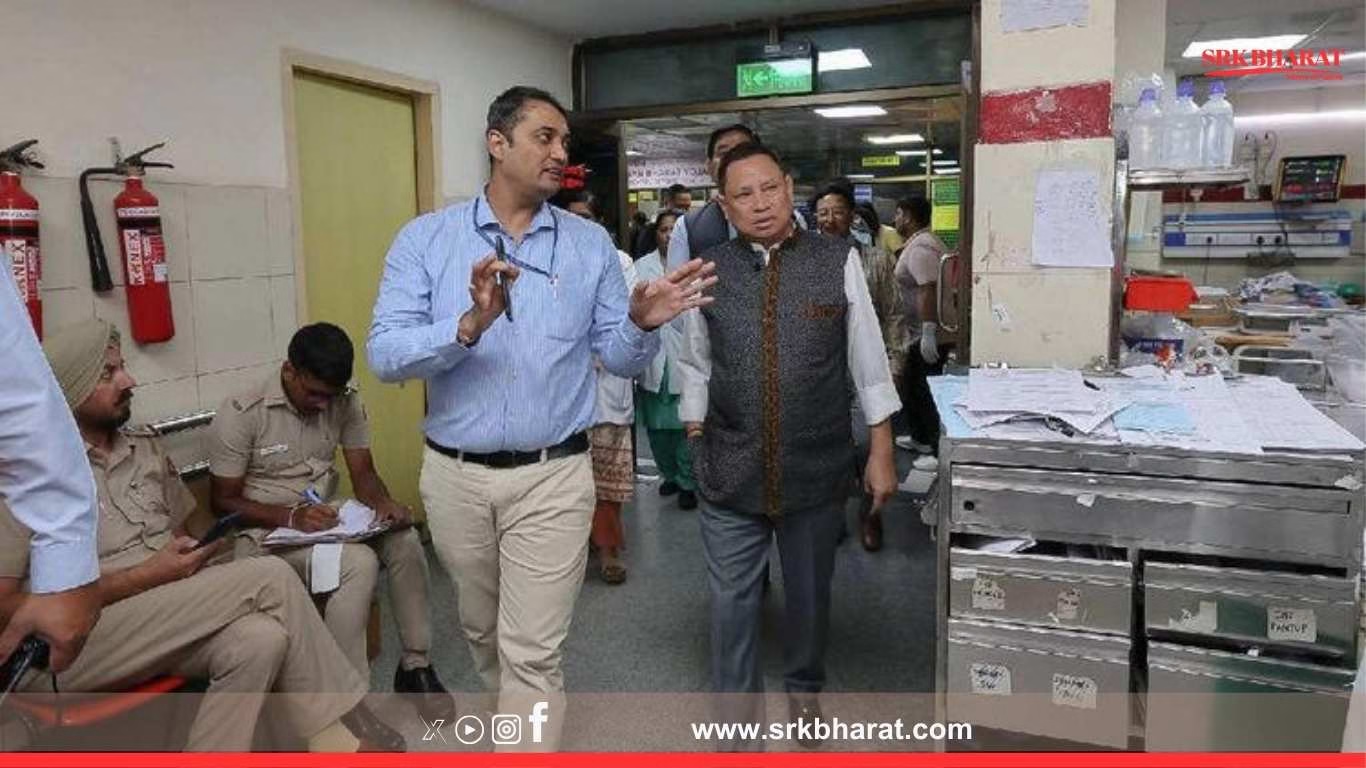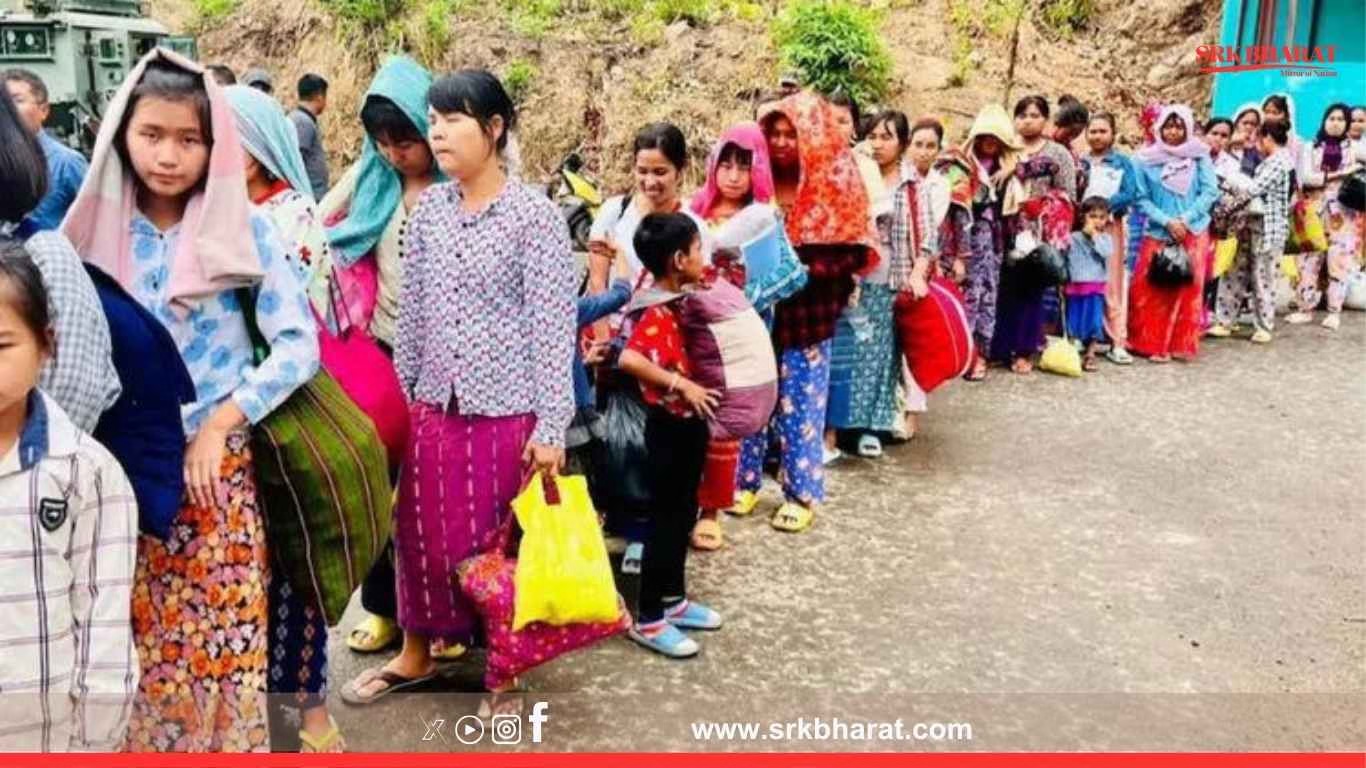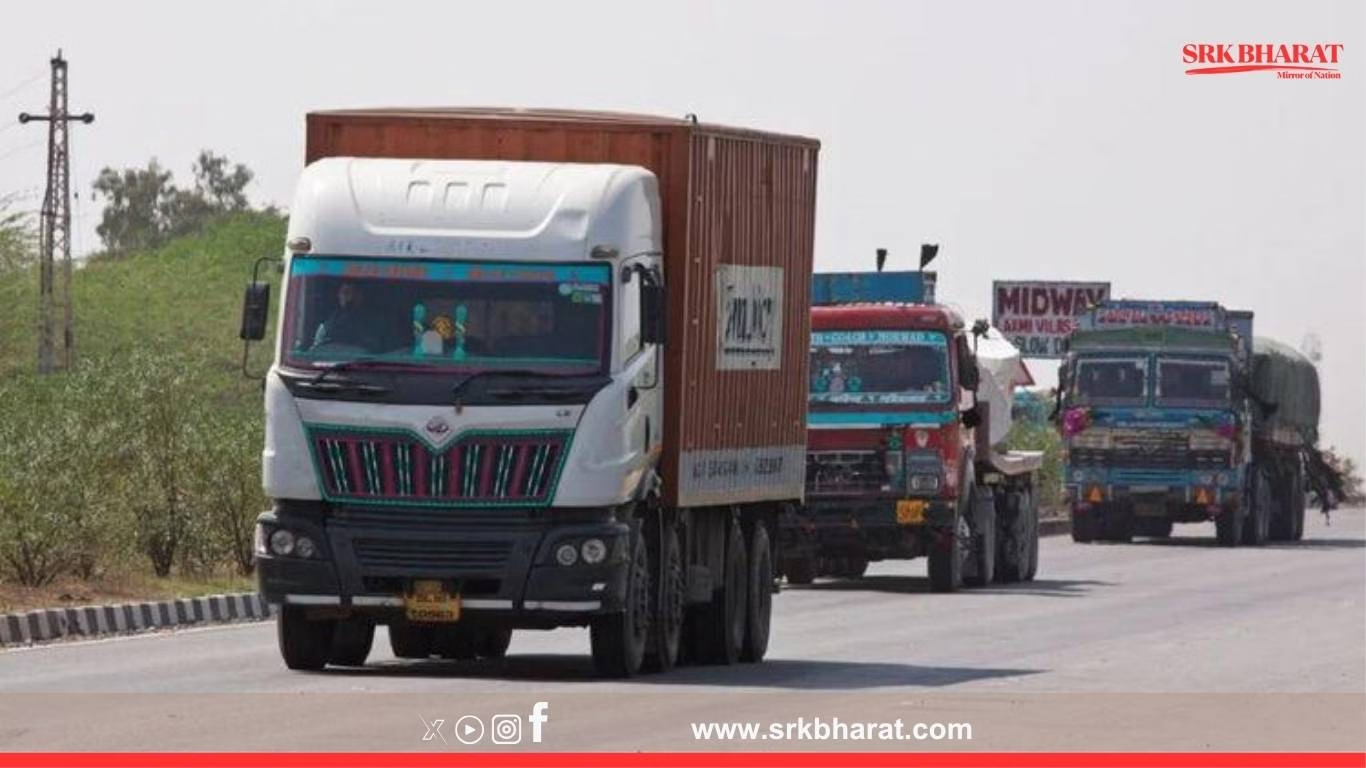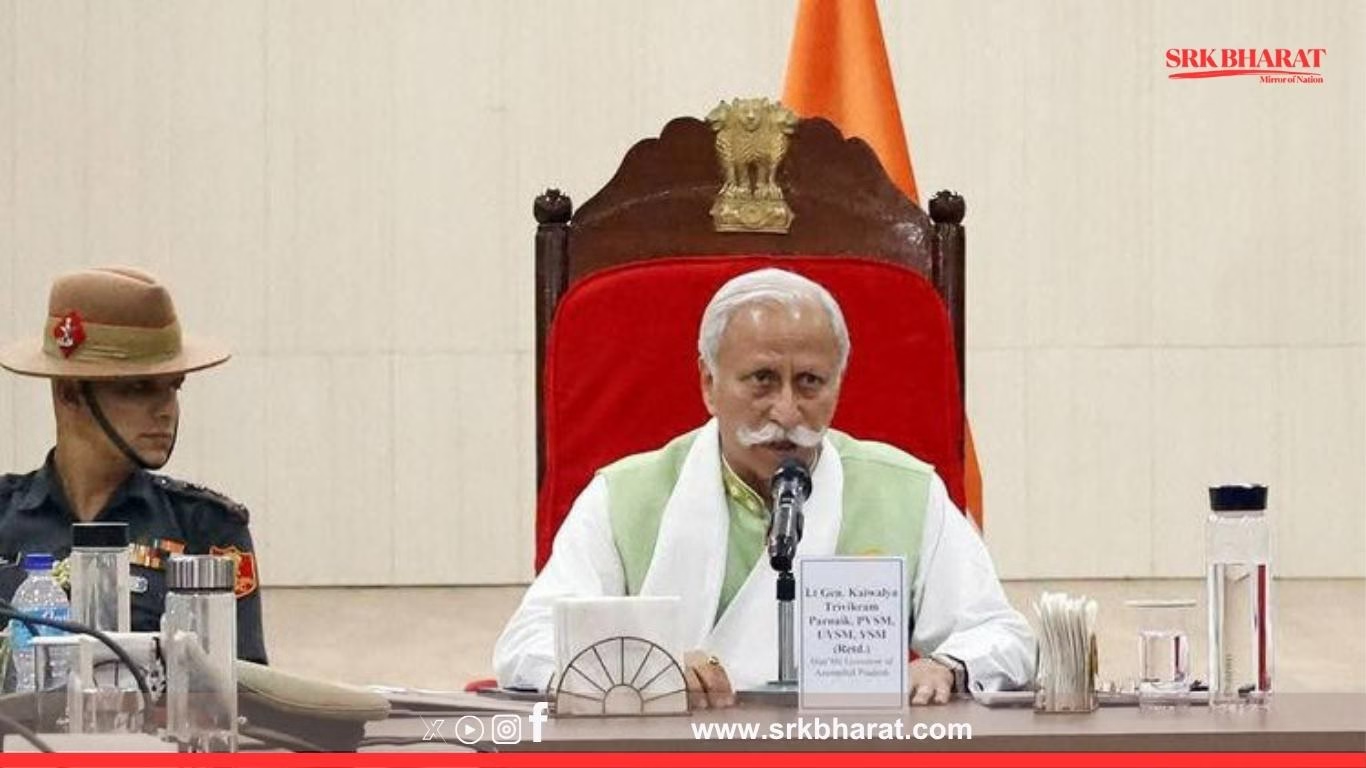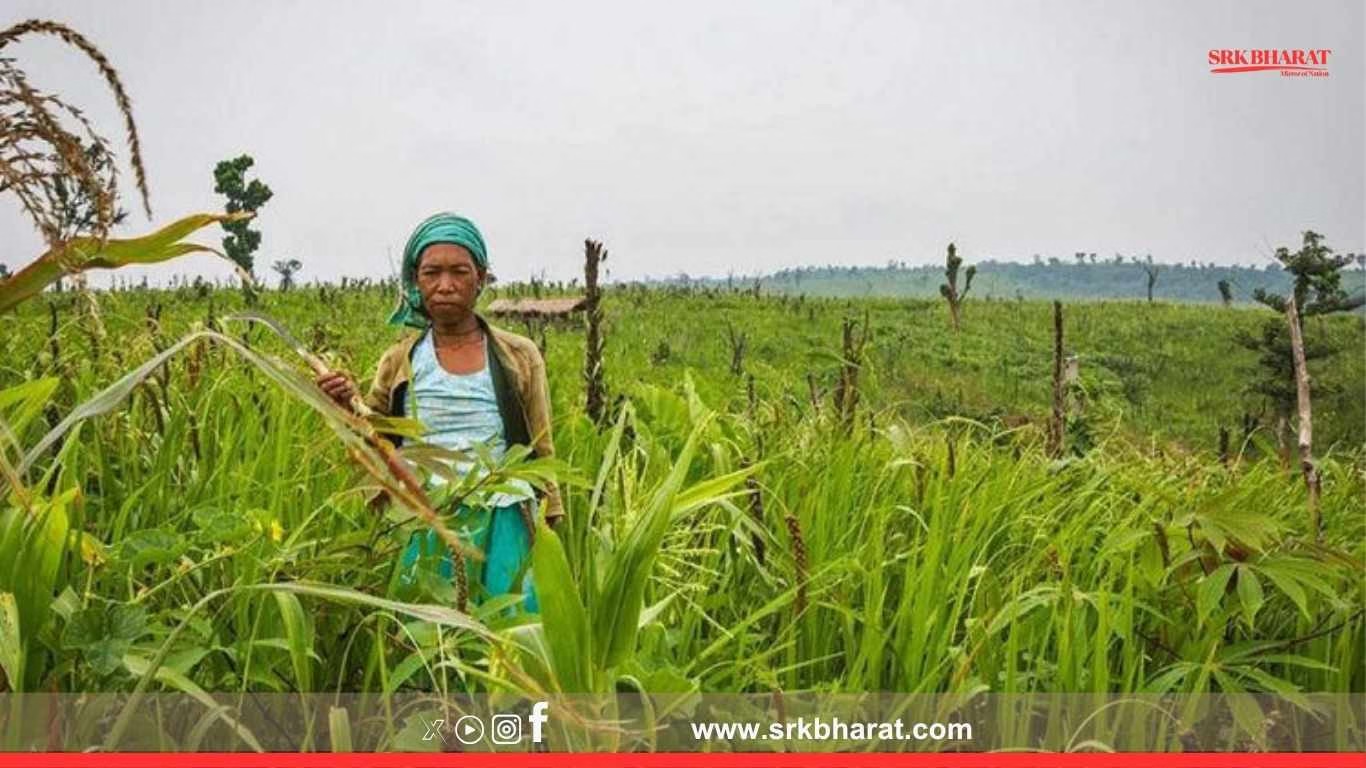In a strategic move to bolster organ transplant facilities and critical care infrastructure, Arunachal Pradesh Health and Family Welfare Minister Biyuram Wahge recently visited the Postgraduate Institute of Medical Education and Research (PGIMER) in Chandigarh to explore a formal collaboration.
🏥 Key highlights of the minister’s visit
The health minister was accompanied by senior officials from the Arunachal Pradesh Health Department to engage with PGIMER Director Prof. Vivek Lal and the institute’s transplant team. The discussions focused on:
- Developing an organ transplant programme in Arunachal Pradesh through technical guidance from PGIMER.
- Capacity building of doctors, surgeons, nurses, and paramedics from the state in transplant procedures and post-operative care.
- Strengthening awareness on organ donation and ethical transplantation through state-wide campaigns with PGIMER’s expertise.
- Exploring satellite linkage models to facilitate referrals for complex transplant cases from Arunachal to PGIMER.
🔍 Why is this collaboration significant?
Organ transplant facilities are scarce in the northeast, compelling patients to travel thousands of kilometres to tertiary hospitals in Delhi, Chandigarh, or south India. This increases financial burden and delays critical care.
Potential impact of the collaboration includes:
| Area | Expected Outcome |
|---|---|
| Infrastructure development | Establishment of a transplant unit in Arunachal Pradesh |
| Training | Hands-on training for medical teams in PGIMER Chandigarh |
| Patient access | Faster treatment for kidney, liver, and corneal transplants |
| Awareness | Improved understanding of organ donation within communities |
| Referral systems | Streamlined patient transfer protocols with PGIMER |
🗣️ Statements by key stakeholders
Minister Biyuram Wahge expressed optimism, stating:
“Arunachal Pradesh is committed to improving tertiary healthcare access. PGIMER’s national leadership in organ transplantation will guide us in building a robust programme to save lives in our state.”
Prof. Vivek Lal, Director PGIMER, assured technical cooperation and emphasised that knowledge sharing and training remain pivotal to empower state healthcare systems.
📈 Arunachal Pradesh health sector priorities
The state government under Chief Minister Pema Khandu has prioritised healthcare transformation through investments in:
- Upgradation of district hospitals with modular OTs and ICUs.
- Telemedicine expansion to connect remote PHCs with medical colleges and apex centres.
- Maternal and child health programmes to reduce IMR and MMR.
- Non-communicable disease management, particularly cancer, cardiovascular and renal care.
Adding organ transplantation will bridge a critical gap in the state’s tertiary healthcare capability.
💡 PGIMER Chandigarh: India’s transplant leader
PGIMER is a pioneer in organ transplantation, conducting hundreds of kidney, liver, cornea, and bone marrow transplants annually. It also leads in training, research, and policy advocacy on organ donation under the National Organ and Tissue Transplant Organization (NOTTO).
🔬 Planned roadmap for Arunachal-PGIMER collaboration
| Phase | Focus Area | Timeline |
|---|---|---|
| I | Signing of MoU for technical collaboration | Next 2 months |
| II | Selection and deputation of state medical teams to PGIMER | Within 3 months |
| III | Infrastructure readiness assessment by PGIMER experts | 6 months |
| IV | Pilot transplants in PGIMER with state doctors assisting | Next 9-12 months |
| V | Operationalisation of transplant units in state hospitals | Post 12 months |
📣 Challenges to address
Despite strong intent, experts highlight critical hurdles:
- Shortage of trained transplant surgeons in northeastern states.
- Lack of cadaver organ donation ecosystem due to limited awareness.
- Infrastructure and cold chain gaps for safe organ transport.
The Arunachal-PGIMER partnership aims to systematically overcome these bottlenecks through phased execution and multi-stakeholder engagement, including NOTTO and state medical colleges.
🔭 Broader implications for the northeast
This initiative sets a precedent for other northeastern states like Nagaland, Mizoram, and Meghalaya to partner with apex institutions for building regional transplant hubs, eventually reducing dependence on distant metros and ensuring dignified, timely care for critical patients.
✅ Disclaimer
This content is for general public awareness and journalistic information only. Readers are advised to follow official government health department updates for actionable policy decisions, schemes, and collaborations.







